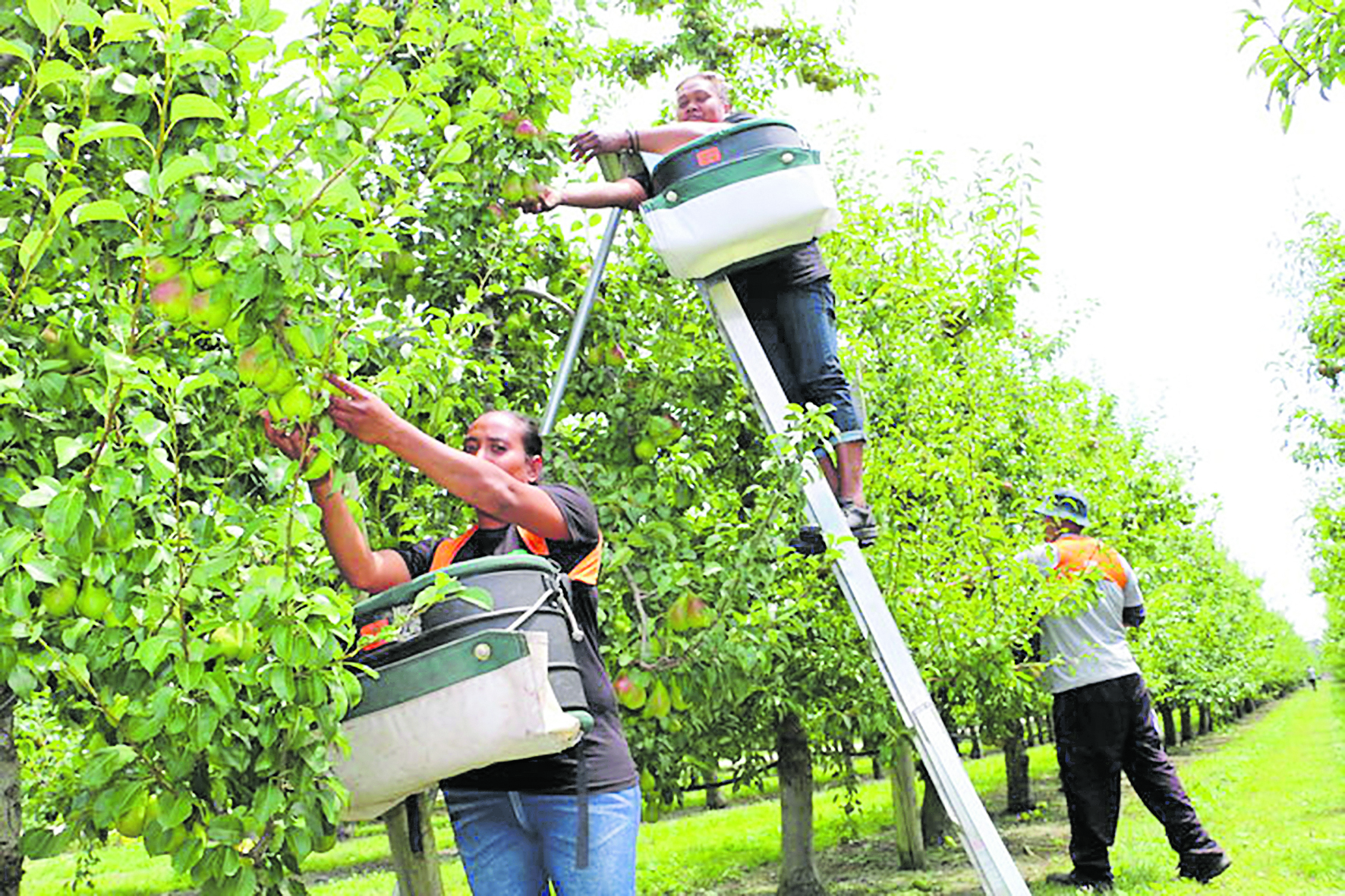Family breakdowns, exploitation, social isolation and lack of care for families have been identified as some of the social costs of the Pacific labour mobility scheme.
This was highlighted in a study by UNICEF on the impact of the Pacific labour mobility scheme on children left behind in Fiji, Samoa, Solomon Islands and Vanuatu.
The report put the spotlight on the lived experiences of labour mobility workers, caregivers and civil society dealing with the social implications on children of workers migrating to New Zealand and Australia for work.
“The large number of workers moving to Australia and New Zealand means that many children have been left behind in their respective home countries,” the report stated.
“As a result, several problems have been identified in the literature, particularly concerning the social costs associated with labour mobility, including family breakdowns, exploitation, social isolation, and lack of care for families back home.”
According to the study, Fiji is the largest supplier of workers to the PALM scheme for long term (began in 2015) and short-term contracts in Australia (started in April, 2022).
“Fiji does not have a cap on the number of workers and is currently the biggest supplier of workers to the PALM scheme. There are 6379 Fijian PALM workers in Australia as of June 2024.”
Meanwhile, 1276 Fijians left our shores for the PALM scheme in Australia and Recognised Seasonal Employer (RSE) program between January and May this year.
A total of 3274 Fijians left in 2023.



